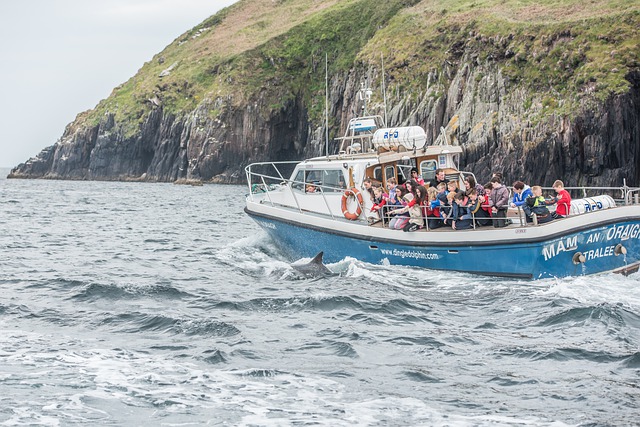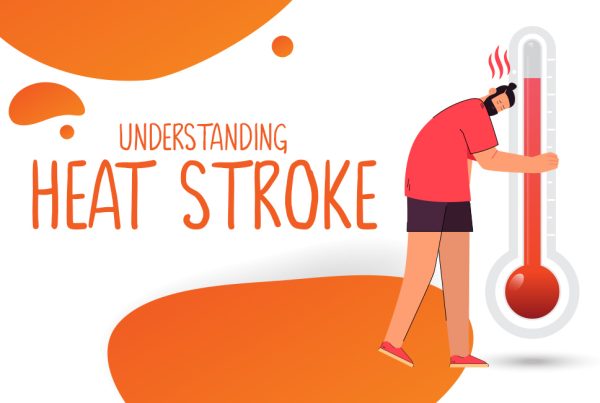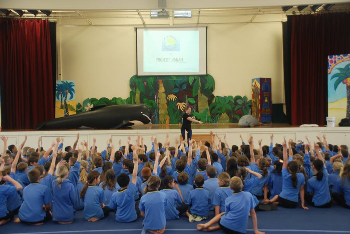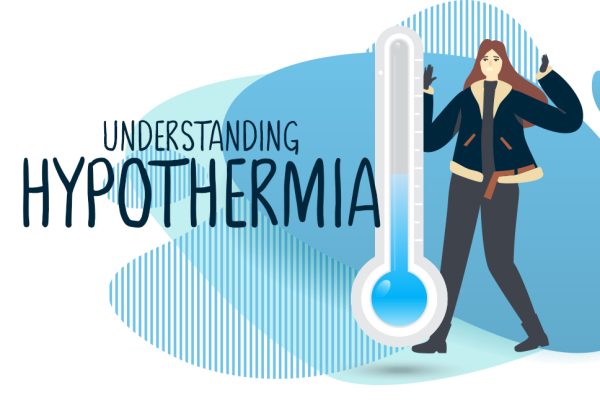
Project Jonah thought it was a good time to remind you of the rules surrounding marine mammals in New Zealand. Living in an island nation, New Zealanders have a natural affinity for the water. Summer is here and we will flock to the ocean to swim, snorkel, dive, and sail or just spend a day at the beach.
From the tiny, endemic Hector’s and Maui’s dolphins, to the mighty blue whale, over half the world’s cetacean (whales, dolphins and seals) species are found in or migrate through New Zealand’s waters. As a result, New Zealand is a global hotspot for whale watching. And let’s not forget our seal and sea lion friends – rules apply when encountering these seemingly cute animals on shore as well as in the water. Whilst whale and dolphin watching is growing in interest, so too are threats from boat strike, noise pollution, harassment, displacement and separation of mothers and their young.
If you’re spending any time on the water this summer and are lucky enough to encounter any marine mammals, please keep these rules in mind:
In General
The Marine Mammal Protection Regulations 1992, aims to minimise these threats and gives rules and guidelines to boat users on how they should interact with marine mammals at sea. A summary of these rules are as follows:
- Do not disturb, harass or make loud noises near marine mammals.
- Contact should be ceased should marine mammals show any signs of becoming disturbed or alarmed.
- Do not feed or throw any rubbish near marine mammals.
- Avoid sudden or repeated changes in speed or direction of any vessel or aircraft near a marine mammal.
- There should be no more than three vessels and/or aircraft within 300 metres of any marine mammal.
- Remember, always allow the animals to start and continue or discontinue the encounter.
At Sea
The Marine Mammal Protection Regulations 1992, aims to minimise these threats and gives rules and guidelines to boat users on how they should interact with marine mammals at sea. A summary of these rules are as follows:
- You may swim with seals and dolphins but not with dolphin pods with very young calves.
- Avoid approaching closer than 20 metres to seals and sea lions hauled out on shore.
- Idle slowly away. Speed may be gradually increased to out-distance dolphins and should not exceed 10 knots within 300 metres of any dolphin.
- Ensure that you travel no faster than idle or ‘no wake’ speed within 300 metres of any marine mammal.
- Approach whales and dolphins from behind and to the side.
- Do not circle them, obstruct their path or cut through any group.
- Keep at least 50 metres from whales (or 200 metres from any large whale mother and calf or calves).
- Swimming with whales is not permitted.

On shore
- Give seals and sealions space. Where practicable stay at least 20 metres away.
- Avoid coming between seals and the sea.
- Keep dogs on a leash and well away.
- Where possible, do not drive vehicles closer than 50 metres of a marine mammal.
- Never attempt to touch seals or sealions – they can be aggressive and often carry diseases.
In the air
- Aircraft should maintain a horizontal distance of greater than 150 metres when flying near any marine mammal.
- Avoid flying or imposing a shadow directly over a marine mammal either at sea or on shore.
All marine mammals are protected within New Zealand waters and the Department of Conservation (DOC) regulates the whale watching industry in New Zealand, as well as enforcing the Marine Mammal Protection Act (1978).
There are severe penalties for any offences committed under this Act. Project Jonah supports DOC’s work by advocacy and assisting at stranding events throughout New Zealand.
Further information can be found here: http://www.doc.govt.nz/Documents/conservation/native-animals/marine-mammals/marine-mammal-regulations-summary.pdf
If you notice a marine mammal being harassed, severely injured or entangled, please contact the Department of Conservation immediately on 0800 DOC HOT (0800 362 468) or Project Jonah on 0800 4 WHALE (0800 4 94253).


